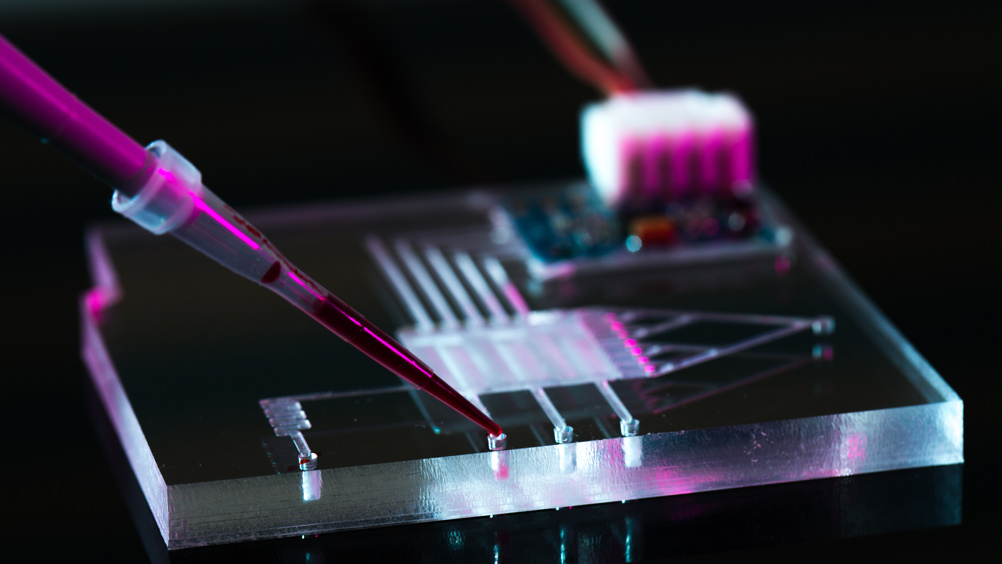Interview with organ-on-a-chip pioneer Prof Hazel Screen
Organ-on-a-chip technology is rapidly changing what is possible with in vitro testing, closely mimicking human biological processes. Andrew Wade spoke with Professor Hazel Screen about its potential to transform medical science.

The complexity of human biology throws up some interesting research conundrums. In the case of disease, for example, it is patently unethical to test on patients. Instead, we use animals, which brings its own moral dilemmas as well as divergent biology. For more basic experimentation, we can examine human cells under a microscope, but this inevitably also comes with limitations.
“Everything we do, so much of it relies on us using an animal model or perhaps taking isolated cells and putting them on plates,” Hazel Screen, Professor of Biomedical Engineering at Queen Mary University of London, told The Engineer. “Neither of these are us. We’re not plastic and flat and we’re not rats or mice. We behave differently.”
Alongside heading up Queen Mary’s School of Engineering & Materials Science, Prof Screen is co-director of the university’s Centre for Predictive in vitro Models and also leads the EPSRC Centre for Doctoral Training in Next Generation Organ-Chip Technologies (COaCT).
Register now to continue reading
Thanks for visiting The Engineer. You’ve now reached your monthly limit of premium content. Register for free to unlock unlimited access to all of our premium content, as well as the latest technology news, industry opinion and special reports.
Benefits of registering
-
In-depth insights and coverage of key emerging trends
-
Unrestricted access to special reports throughout the year
-
Daily technology news delivered straight to your inbox











Renewables Surge But Emissions Continue To Creep Up
"While power systems in many countries are on the cusp of – and in some cases have reached – decarbonisation" Only countries with good...